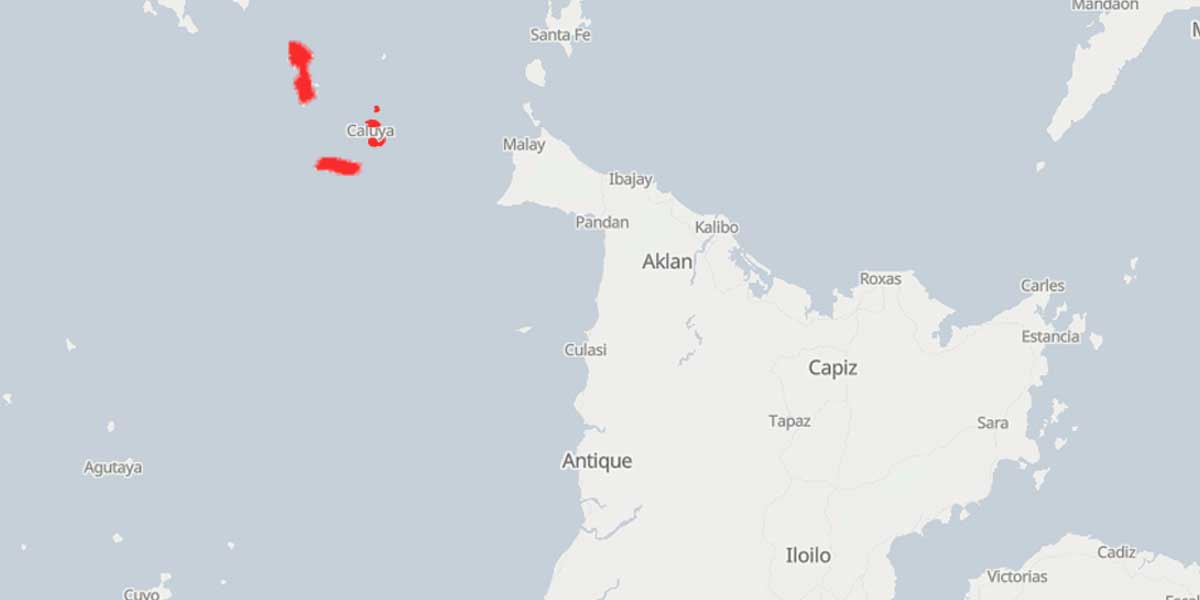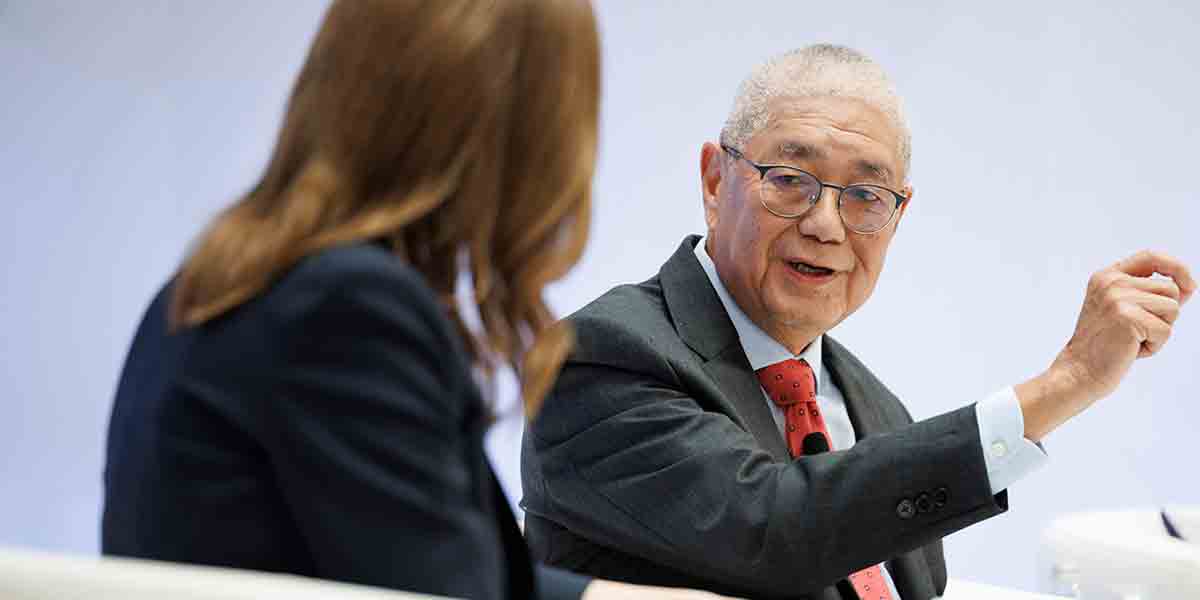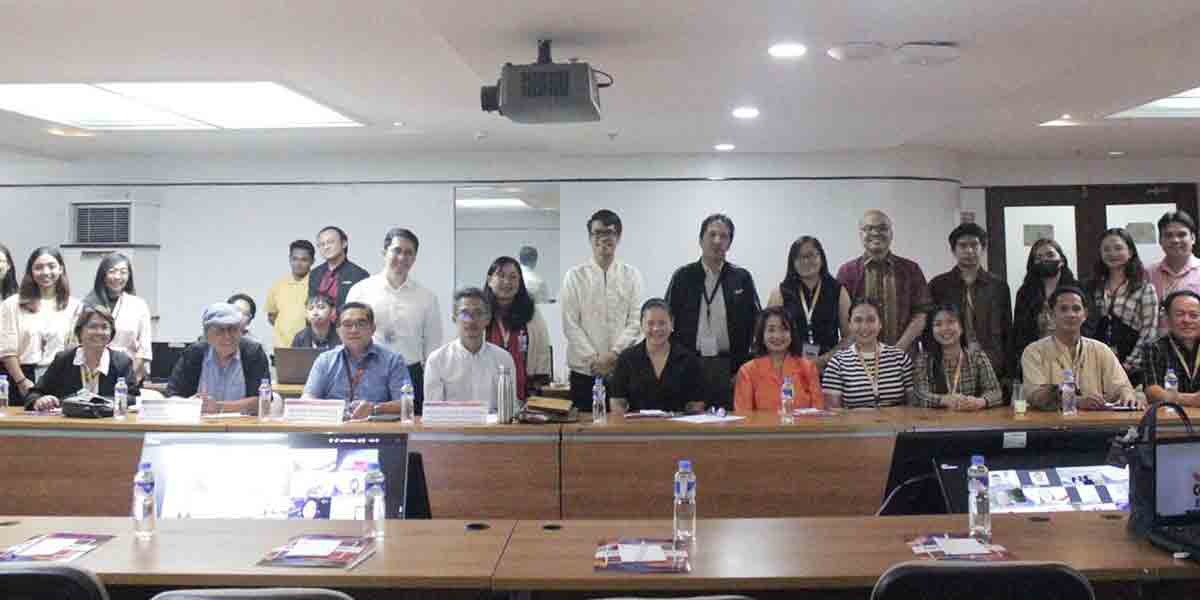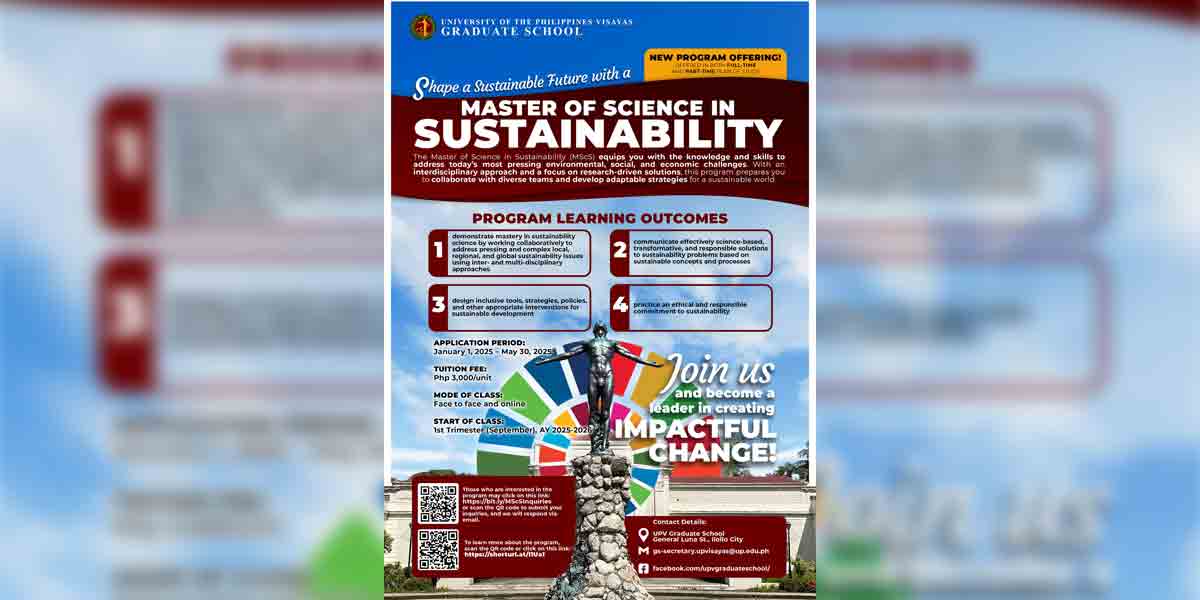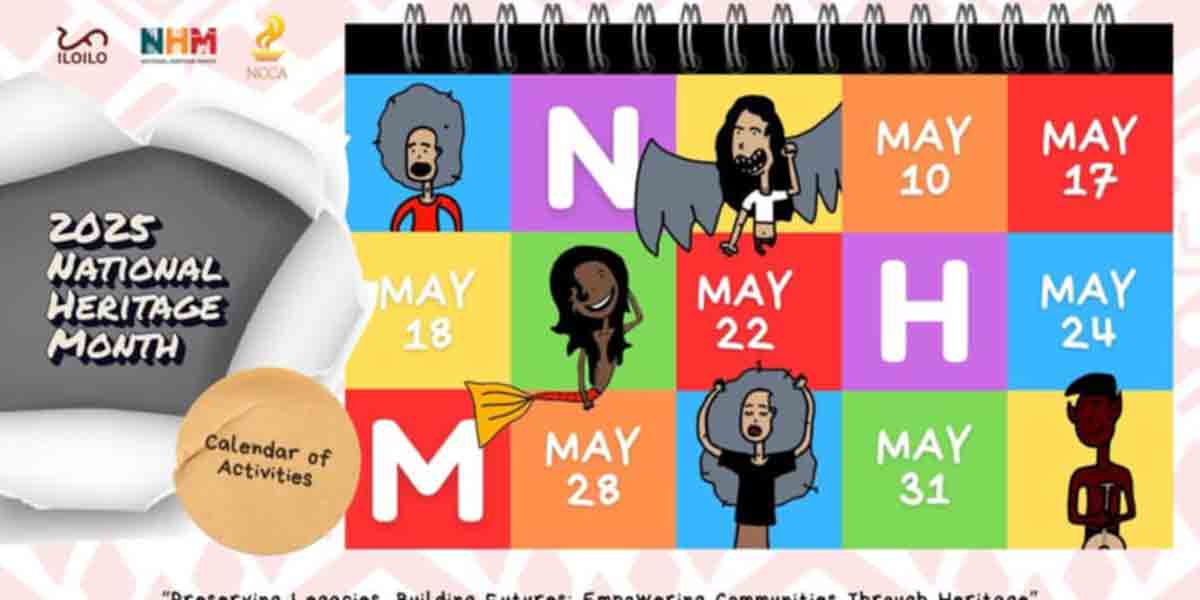![]() By Reyshimar Arguelles
By Reyshimar Arguelles
What is there to say when social media is flooded with legal analyses and people trying to outdo each other in intellectual contests. If we were in the 1930s, everyone would be in cafés and bars discussing society’s gradual descent into authoritarian madness.
Even so, we would not be doing that in the midst of a global plague. This is worse because unlike informal face-to-face debates, social media makes it an even playing field for those who have an opinion while they are still trying to understand the issues that matter. Free speech and all that.
Here I thought CoViD-19 would signal the end. And while many celebrated the “triumph of the law” last Tuesday, we have to know if they really are supporting the law as it is.
It would be useless for me to contribute to an issue that has trended in the Twittersphere overnight. I feel as though everything that should be said about the National Telecommunications Commission’s cease and desist order against media giant ABS-CBN has already been said — at least by those who shared the same sentiments the night when dead air permeated throughout the network’s vast empire of TV channels and radio stations.
For some, the rule of law won. To others, it was as though the grotesque corpse of September ’72 crept from its tomb. With important facts in place, we may need to take a step back and look at the situation from other angles. It is bad enough if we are made to sit in Plato’s cave and believe that the shadows on the wall constitute reality.
Saying that the rule of law won overlooks the law’s potential as a political weapon. This is not alien across different political systems where citizens must play by the rules. Indeed, modern “democracies” submit to the rule of law, as did communist and fascist societies.
Let us not get ahead of ourselves by saying that what happened to ABS-CBN is a demonstration of the Philippine state’s repressive tendencies. But we can see an extension of these tendencies in the events that led to the NTC’s order on Tuesday.
We may as well leave the franchising issues in the hands of lawyers, but it is important to know that the NTC is well within its power to grant ABS-CBN a provisional authority to operate while Congress, which is made up of administration allies, is working to get the network’s legislative franchise approved.
We leave this drama as it unfolds itself in the days to come, but the fact remains: the NTC could have allowed ABS-CBN to operate pending its franchise renewal, considering that it was also typical for the NTC to issue provisional licenses for other media corporations under its watch.
It just so happens that the executive branch has had bad blood with ABS-CBN over its airing of then-candidate Duterte’s political ads during the 2016 elections. The issue has since been clarified by the network giant amid now-President Duterte’s threats to close it down, partly because of the ads issue, and partly because he has had scorn for ABS-CBN’s coverage of his government’s anti-drugs campaign.
Whether or not the rule of law triumphed because the NTC and Congress were acting on their own accord, the question we should start asking is this: Who is using the rule of law and to what end?
As it seems, the law has become a tool for the protection of egos and personal interests.
Indeed, this is not the very first instance wherein the law is used as leverage. Previous administrations may have done so, circumventing the Constitution to create laws that coincided with underlying agendas.
The idea that this issue concerning ABS-CBN’s franchise renewal evokes memories of Martial Law does not begin to describe the actual situation. People are still free to express their views. It is just that the corpse of ’72 is alive — and we can smell its stench from a mile away.



